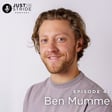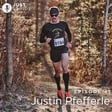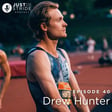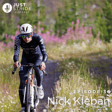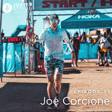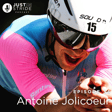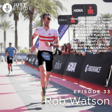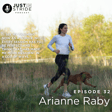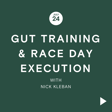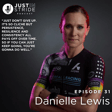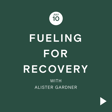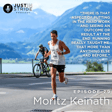
Melanie Henderson about her intro to triathlon and finishing on podium, being a top age grouper, long distance triathlon, Ironman World Championships, Kona, Airline Pilot athlete balance, living away from home
As we move through life, we go through many different phases and priorities certainly change. Over time we grow and our appreciation for what’s important in life takes on different forms. That goes for family, friendships, careers and certainly our athletic goals too.
On this episode of Just In Stride we get to know Elite distance triathlete and top age grouper, Melanie Henderson.
Melanie started out as a track and field kid in her youth, always having fun with a healthy dose of competitiveness. She then moved from South Africa to the U.S in order to pursue a career as a pilot and that’s where a triathlete was born.
She proved to be a natural in her very first Ironman 70.3, placing 3rd in her age group and earning a stop at the World Championships. From that moment on, she was hooked.
We unpack her early success in the sport, the lessons she’s learnt along the way, the sense of community she feels and the pilot athlete balance she’s trying to find, so she’ll be able to fly in all aspects of her life.
-------
Offer from Xact Nutrition: This episode is presented by our friends at Xact Nutrition and they are offering you 15% OFF your order when you use the code JUSTINSTRIDE. So head to xactnutrition.com and fuel your goals today! Now shipping in Canada and the U.S.
Thanks for tuning in to the Just In Stride Podcast. I truly appreciate you taking the time to listen and I hope you enjoyed that conversation as much as I did. Please take a minute after this to rate and review our show on Apple Podcasts. With your feedback we’ll be able to make the show even better and it’ll help us reach new listeners too. You can also find us on Instagram @justinstridepod and YouTube @justinstridepod for all the latest episodes and updates. Glad you came along for the ride with Just In Stride!

